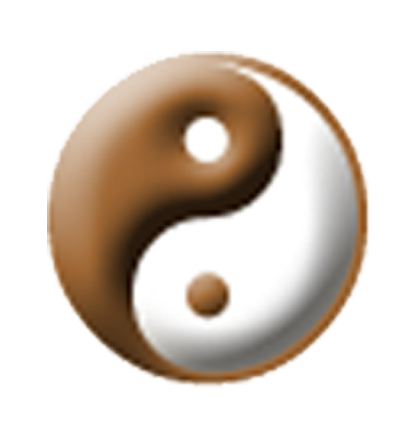
What is Qi (气)?
What is qi (气)? Literally, it means air. It also means breath, not the act of breathing (呼吸), the breath itself. But that’s not quite accurate either. Qi is pervasive. Every living thing and some that once were living and others that never lived have qi.
Some would call qi energy – it’s not a tangible thing, so that makes it ‘energy.’ But in traditional teaching, jing (精) is energy. Qi is found through the breath and breathing; jing is found through the mind and thought. They are intrinsically linked and fundamentally distinct.
We all have our own qi. We can see it in part as the feeling we have when someone familiar walks into the room. We know that person. And when we meet someone for the first time, we always get a sense of who that person is – whether we recognize it or not. We sense their qi. Animals and plants have their own qi, too. But most of the time, we don’t pay attention.
A place may have a certain qi that other places don’t have. We read about this sort of thing in connection with places like Stonehenge and others. Have you ever walked into a place you’d never been before and found it somehow familiar? Or been somewhere that you wanted to stay because you felt so comfortable? Native Americans have considerable teachings on this idea – that a place may have a certain energy or feeling that is difficult to explain. This is also the concept of qi.
Beyond the definition of the concept and being able to see an example of it, is the need to develop it. This development is an important part of internal work. To practice well, the inner and outer connections must be established and cultivated. “qi” is one of the inner connections.
心与意 heart with the mind
意与神 mind with the spirit
神与精 spirit with the energy
气与呼吸 qi with the breathing
以心行气,务令沉着,乃能收敛入骨。
以气运身,务令顺遂, 乃能便利从心。With heart qi, the order is calm, it can be received and converge into the bones.
With qi circulating through the body, the order is smooth, and benefits come from the heart.
In practice over time, the qi becomes pervasive and strong. The meaning of taking a deep breath changes. The fullness of breathing, using the whole body in a relaxed and complete breath, becomes normal, not something that has to be worked at. Then, the qi can flow through the whole body. When we are tense or nervous or out of sorts, the qi cannot flow smoothly.
The state that is most conductive to practice is peaceful and quiet. In that calm, there is much that can be learned.
We each have the capacity to develop full breathing and strong qi. By relaxing and physically controlling our breathing, we can bring the physical body into a more relaxed state. By concentrating on breathing, the distractions and disturbances in the mind begin to dissipate, and the heart becomes calm.
Terri Morgan
2/20/2020



